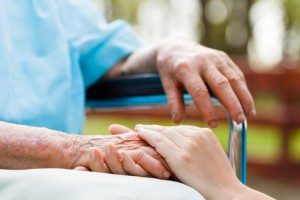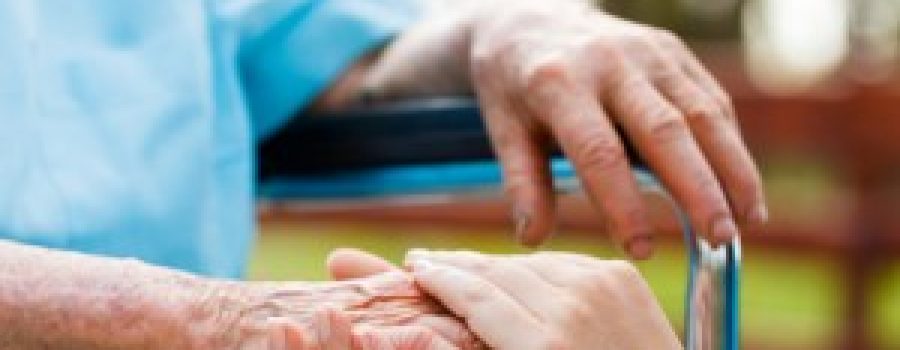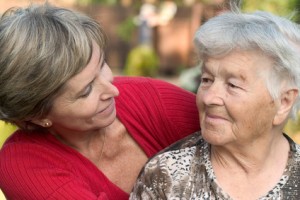 One of the questions we often receive from both clinical partners and caregivers is how to define “homebound” status. It is one of the criteria seniors must meet for their home health care visits to be covered by Medicare. We know there is confusion for both physicians and families who are trying to understand this requirement. It typically comes from trying to identify exactly what constitutes a “considerable and taxing effort.”
One of the questions we often receive from both clinical partners and caregivers is how to define “homebound” status. It is one of the criteria seniors must meet for their home health care visits to be covered by Medicare. We know there is confusion for both physicians and families who are trying to understand this requirement. It typically comes from trying to identify exactly what constitutes a “considerable and taxing effort.”
To begin clarifying what is and isn’t an activity that qualifies a client for homebound status, we first tackle the most common myth. Does homebound mean a patient is bed bound? That is one of the few areas where Medicare is actually quite clear. The Medicare home health guidelines affirm that: “While an individual does not have to be bedridden to be considered ‘confined to home’ the condition of the individual should be such that there exists a normal inability to leave home.”
So what should you consider when determining what might make a patient or client homebound?
- Does the patient require a cane or wheelchair to leave the home?
- Does poor mobility put them at risk for a fall if they leave home?
- Is the patient awaiting joint replacement surgery or have they just gone through the procedure?
- Do they have a neurodegenerative disease such as ALS?
- Are they living with a chronic illness such as COPD or CHF that makes it difficult to get around?
- Does the patient have more advanced Alzheimer’s disease?
All of these conditions will likely allow the patient to meet the homebound requirement.
Then there are two additional areas that often cause confusion:
The driving dilemma
A frequent concern from older adults hoping to be able to utilize their Medicare home health benefit is in regards to driving. They may have no other choice than to drive themselves to a physician visit. Driving does not automatically disqualify a patient or client from being homebound. If the effort is considerable and taxing, they may still be eligible for the benefit. But driving for necessities is much different in the eyes of Medicare than for theatre outings or shopping trips.
Attending Religious Services or Other Unique Events
The final area we often receive questions about is whether or not a patient can attend religious services or a grandchild’s graduation ceremony. Medicare does make allowances for religious services and unique events. The fallback in deciding should always be if the activity requires considerable and taxing effort to participate.
We hope this information helps to clarify some of the factors Medicare considers when determining homebound status. If you or a patient has additional questions, you may find the Medicare & Home Health Guide to be of help. It is available free of charge.
Do you have trouble understanding the home bound requirement?
Has it kept you from referring patients to home health?
This entry was posted in Uncategorized. Bookmark the permalink.
Author: Ann Jamison
Ann Jamison is an experienced senior advisor who has successfully worked with hundreds of families to help them find the best care and home-like environment for themselves or their loved ones. Prior to launching Senior Living Options, Ann was an eldercare advisor for a national placement agency and served as sales director at a senior living community. Thanks to her 25-year career in advertising sales and marketing, Ann is able to discern between hype and reality for her clients. Ann recognizes that there are objective factors that need to be weighed when making a life-changing decision, but she can also assess the important softer attributes by getting to know her clients and by using the gut instincts that can only come through extended experience.







Leave a Reply
Your email is safe with us.
You must be logged in to post a comment.